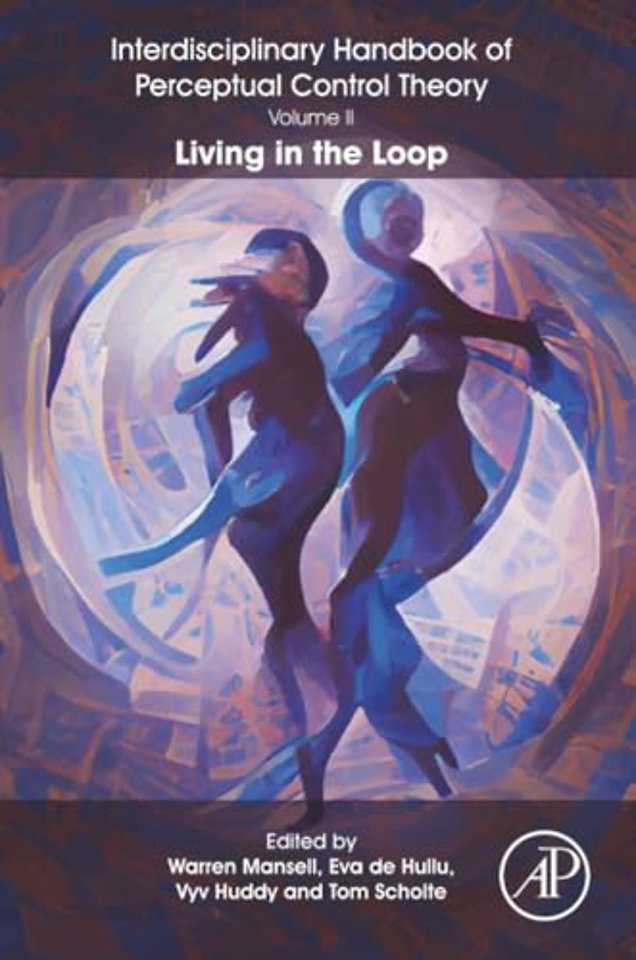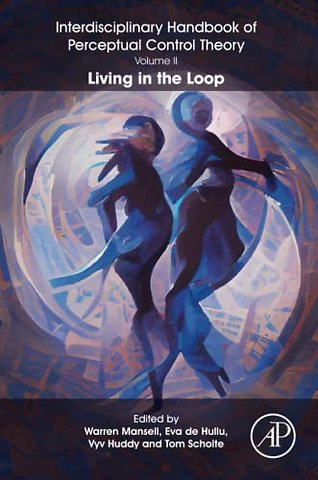The Interdisciplinary Handbook of Perceptual Control Theory, Volume II
Living in the Loop
Paperback Engels 2023 9780323911658Samenvatting
Given the fundamental challenges to society in this era, a radical rewrite of how we approach science and culture is necessary. This handbook applies Perceptual Control Theory (PCT) to achieve a much needed convergence across the physical, life and social sciences, the humanities and arts. In doing so it addresses challenges such as mental illness, dementia, cancer care, toxic masculinity and societal oppression. It also reveals how PCT can be applied to practical issues such as understanding healthcare service implementation and human-machine interaction, as well as deeper questions such as consciousness and imagination. This second volume of the successful interdisciplinary handbook offers rich examples of how the unifying perceptual control framework can provide a viable alternative to existing theories and methodologies for a timely paradigm shift.
Specificaties
Lezersrecensies
Inhoudsopgave
Rubrieken
- advisering
- algemeen management
- coaching en trainen
- communicatie en media
- economie
- financieel management
- inkoop en logistiek
- internet en social media
- it-management / ict
- juridisch
- leiderschap
- marketing
- mens en maatschappij
- non-profit
- ondernemen
- organisatiekunde
- personal finance
- personeelsmanagement
- persoonlijke effectiviteit
- projectmanagement
- psychologie
- reclame en verkoop
- strategisch management
- verandermanagement
- werk en loopbaan

